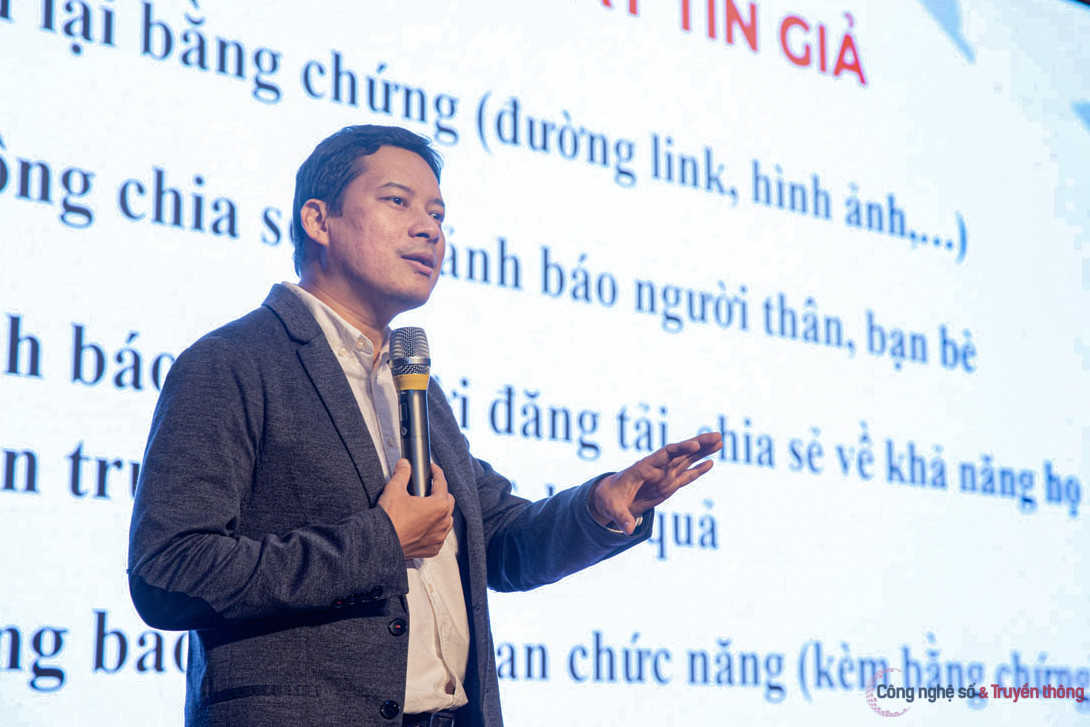
The ads like the ones about ‘three generations of us are the God of Medicine’ or ‘panacea’ no longer exist on YouTube, according to Le Quang Tu Do, head of the Authority of Broadcasting and Electronic Information (ABEI) under MIC.
MIC's request is that cross-border platforms have to take measures to prevent exaggerated and false advertisements.
YouTube said it took 2-3 months to research and change the algorithm to detect and eliminate more than 2,000 ads of this type.
Online ads have been developing rapidly in recent years, becoming a choice of nearly all domestic and foreign enterprises thanks to the high capability of approaching clients, flexible costs, and high efficiency. However, online ads also bring risks and pose danger to both enterprises and state management agencies.
MIC has applied measures to strengthen management over online ads and implement Decree 70 dated 2021 that amends and supplements articles of Decree 181 on cross-border advertisements.
Seminars have been held to disseminate legal documents and deploy measures to manage online ads to brands and enterprises providing ad services in Vietnam and overseas.
MIC has organized unexpected inspection tours to cross-border ad service providers, and checks ads. It works with enterprises showing signs of violations.
MIC and ABEI have many times requested foreign companies that provide cross-border ad services to remove ads that violate Vietnamese laws within 24 hours.
They also asked ad issuers and enterprises providing domestic ad services to strictly control advertisement activities on cross-border platforms, stop cooperating with repeated violators, and not cooperate with website/ad platforms that break the laws.
To date, MIC has named 171 websites that violate the laws.
The new solution MIC has been applying is negotiating with Google to reach an agreement on removing ads violating the laws.
At the same time, MIC has also compiled a list of ‘clean content’ (whitelist) and ‘dirty content’ (blacklist).
Whitelist comprises licensed e-newspapers, e-magazines, news websites and social networks, and websites, accounts and content channels registering information. They are partners that brands and ad service providers are encouraged to cooperate with.
Blacklist comprises brands and ad agents that violate the laws.
Trong Dat